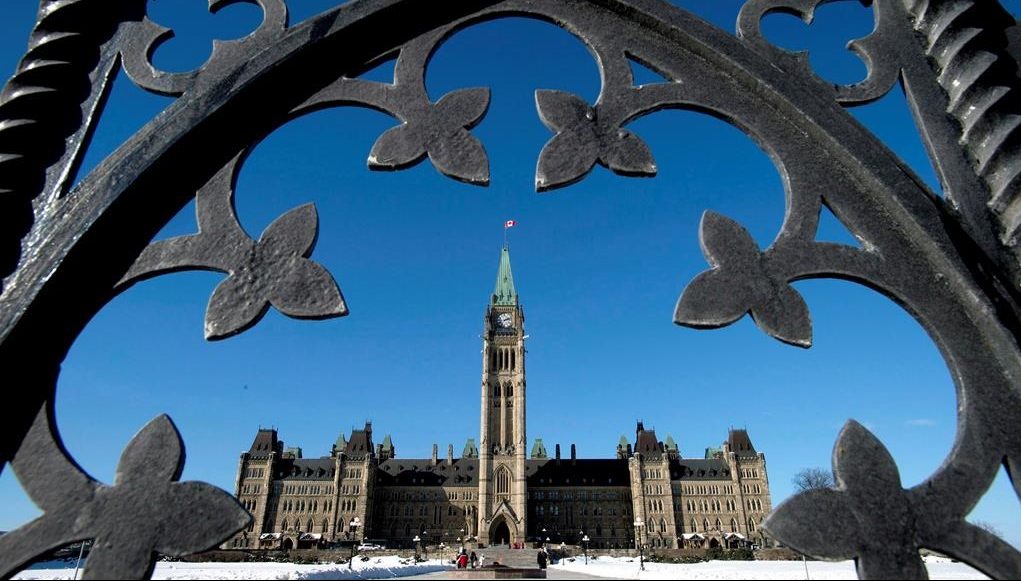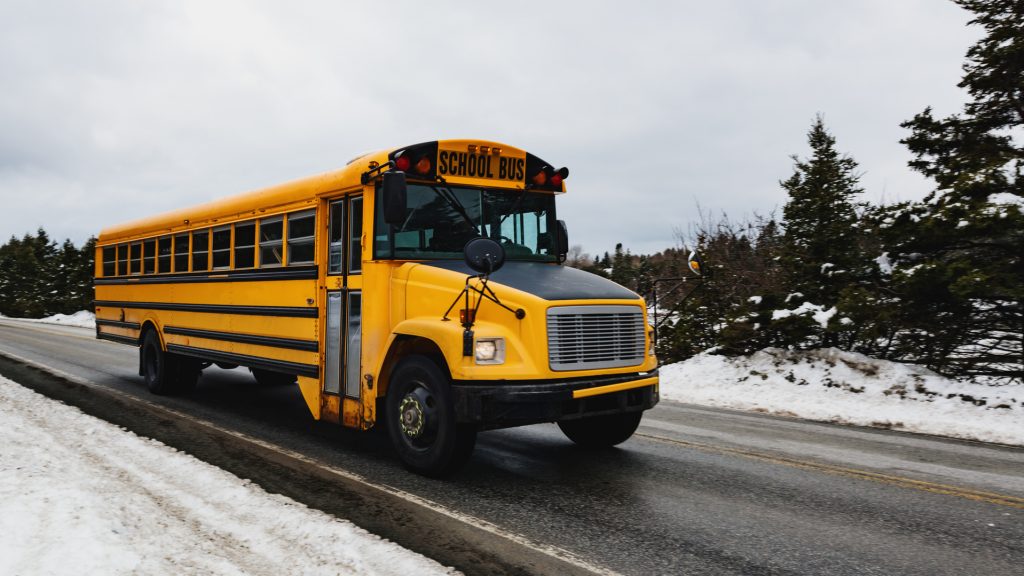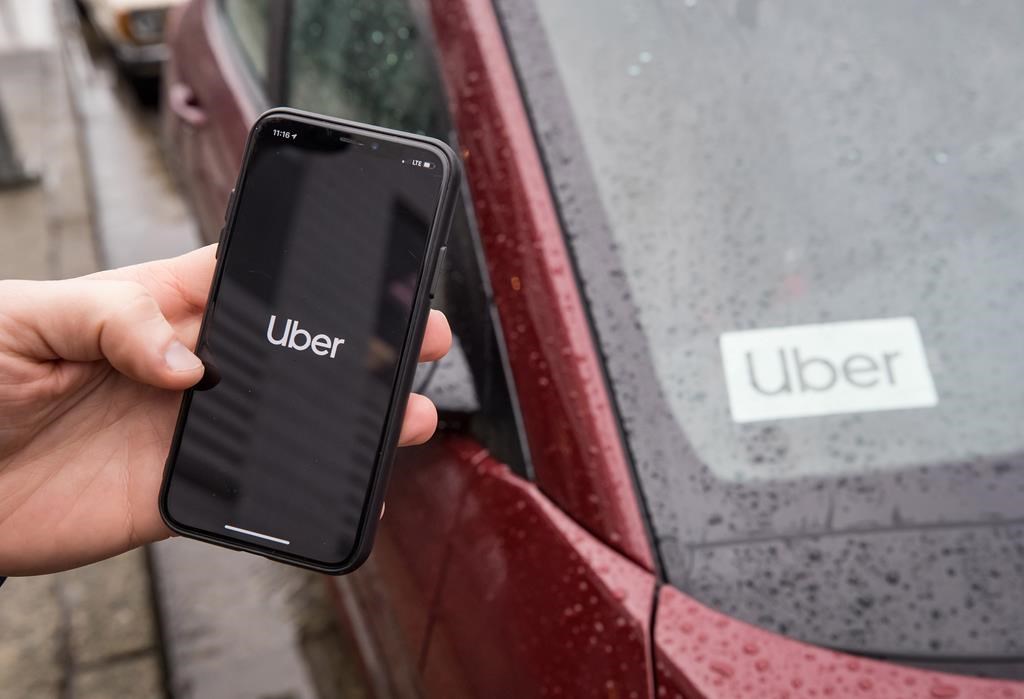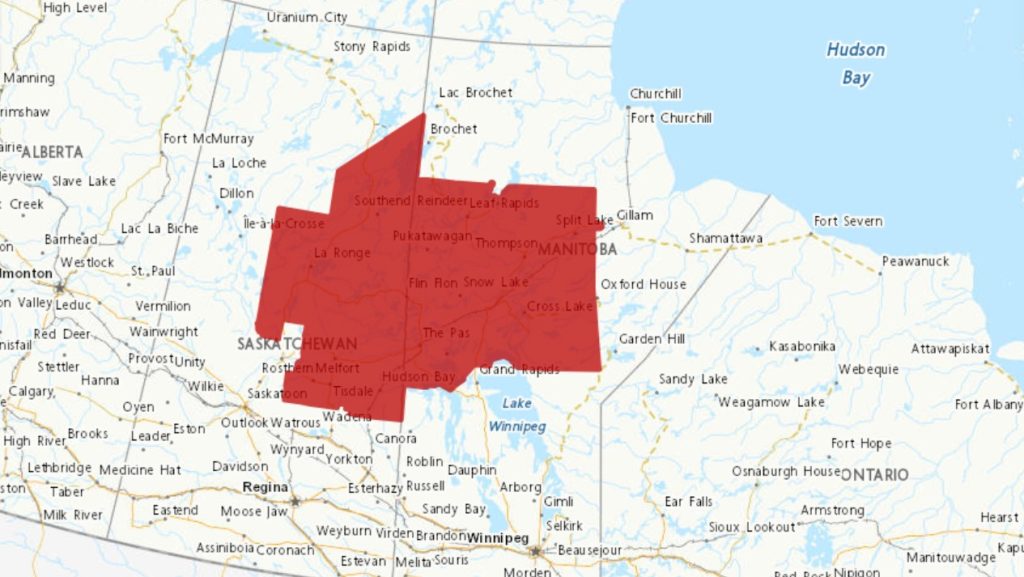Justin Trudeau revokes Emergencies Act as order returns to Ottawa

Posted February 23, 2022 3:53 pm.
Last Updated February 23, 2022 5:12 pm.
Prime Minister Justin Trudeau has revoked the use of the Emergencies Act now that the freedom convoy protest in downtown Ottawa is over.
Trudeau summoned the Emergencies Act, which replaced the War Measures Act in 1988, for the first time last week, saying police needed extra help to end blockades that had been ongoing in Ottawa for weeks and had spread to key Canada-U.S. border crossings.
Trudeau says the act served its purpose after businesses were disrupted for weeks and several people were harassed.
“After careful consideration, we’re ready to confirm that the situation is no longer an emergency. Therefore, the federal government will be ending the use of the Emergencies Act,” Trudeau announced, saying he’s confident that local bylaws and enforcement are well in place.
“Here in Ottawa and other places in the country, there was evidence of people trying to undermine and even harm Canada’s democracy,” Trudeau said. “As the weeks went by, it became obvious that provincial and local authorities needed more tools in order to enforce the law and protect Canadians. That’s exactly what the Emergencies Act did to assure them of that.”
The emergencies act allowed authorities to declare certain areas as no-go zones. It also permitted police to freeze truckers’ personal and corporate bank accounts and compel tow truck companies to haul away vehicles.
“We were very clear that the use of the emergencies act would be limited in time,” Trudeau said.
“We said we would lift it as soon as possible.”
As a result of Trudeau’s announcement, Ontario Premier Doug Ford says the province will be terminating its state of emergency as of 5 p.m. on Wednesday.
“The emergency tools provided to law enforcement will be maintained at this time as police continue to address ongoing activity on the ground,” Ford said in a statement through office spokesperson Ivana Yelich.
“We remain grateful to all frontline officers and first responders that contributed to peacefully resolving the situation in Ottawa, Windsor and other parts of the province.”
The Prime Minister says the measures complied with the Charter of Rights and Freedoms.
The House of Commons voted to approve the use of the Emergencies Act against the freedom convoy protests with a vote of 185-151. The motion passed with support from the Liberal and NDP while Conservatives and Bloc Quebecois MPs voted against it.
The Senate began debating a motion on the act Tuesday.
The emergency measures, which Prime Minister Trudeau gave law enforcement the tools they needed to successfully clear the demonstrations that occupied the nation’s capital and international border crossings across the country, were slated to remain in effect for 30 days.
But Ottawa Police have steadily cleared the downtown core and city streets, laying more than 100 charges and making hundreds of arrests in recent days. Over 150 vehicles were towed as a result.
According to an Ottawa police announcement made on Monday, some protesters attempted to return to the secured area following police action over the weekend.
Bail was denied for key convoy protest organizer Tamara Lich, who will remain in custody. Justice said she believes there is a substantial risk that Lich will either engage in illegal behaviour or counsel others to do so.
Pat King, another key leader in the protest, is expected to have a decision made on his bail by Friday.
For almost a week the busiest U.S.-Canada border crossing, the Ambassador Bridge between Windsor, Ontario and Detroit, was blocked. The crossing sees more than 25 per cent of the trade between the two countries.
A small convoy of truckers demanding an end to coronavirus mandates began a cross-country drive from California to the Washington, D.C., area on Wednesday.
With files from The Associated Press and The Canadian Press








